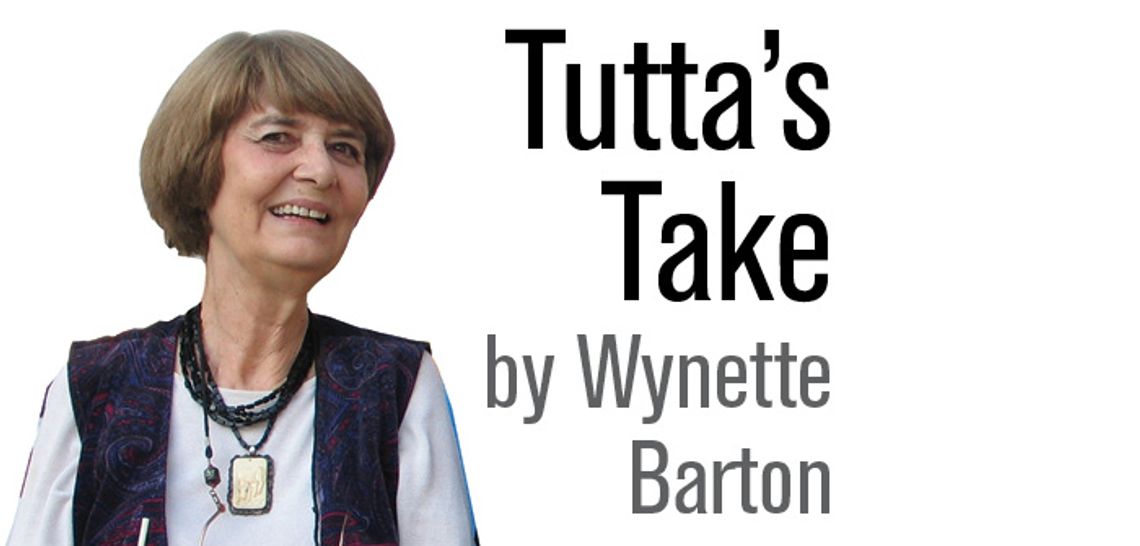This is second-hand information, so I can’t be certain about it, but I’m pretty sure Hamlet was written by Will Shakespeare, one of those Hollywood types. Having no film handy, he did the next best thing and produced his plays on the stage. People flocked to see them, or so I’ve heard.
Again, this is only hearsay, but I’ve been told that play-goers found (and still find) an uncommon truth in Shakespeare’s words, even though he wasn’t especially careful about facts. Truth and fact have some things in common, but they aren’t necessarily the same thing.
It wasn’t a “gaffe” when Joe Biden said he chose truth over facts. He meant exactly what he said, though he soon decided it was futile to explain that to those who missed the point. Remember the story of George Washington admitting to chopping down his father’s cherry tree? There may be no facts in that tale, but it conveys a truth about Washington’s character that would be difficult to express otherwise.
All major world religions attempt to get at truth, and if we could stop arguing about whose facts are correct, we might learn something from each other. A Judeo-Christian story tells of God stopping the sun from traveling across the sky to buy Joshua extra time for his Jericho battle.
Well, uh … first of all, we now know it isn’t the sun that’s traveling. It’s Earth that moves, and if it stopped it would crash into the sun and burn to a crisp in two seconds. Facts can help us get at truth, but sometimes truth is somewhere between the lines. Joshua’s story isn’t an astronomy lesson; it’s about faith, courage and determination. Holy cow! (to borrow an image from Hindu tradition). Surely common sense has some purpose.
The Gospel of Thomas tells of Jesus’ disciples asking him what their dietary habits should be, as diet was a big religious deal in that sector. Instead of giving food rules, their teacher said, “It’s not what goes into your mouth, but what comes out of your mouth that defiles you. Don’t lie!” Oh. Okay.
Now all we have to do is figure out what a lie is – lies we believe, lies we half-believe, lies we’re afraid to question, or too lazy to examine, or hang onto so we can stay safe and comfortable in a pre-arranged mind-set. That should be easy.
On the other hand, it could take some time, and I have other things to do today. Maybe tomorrow.












